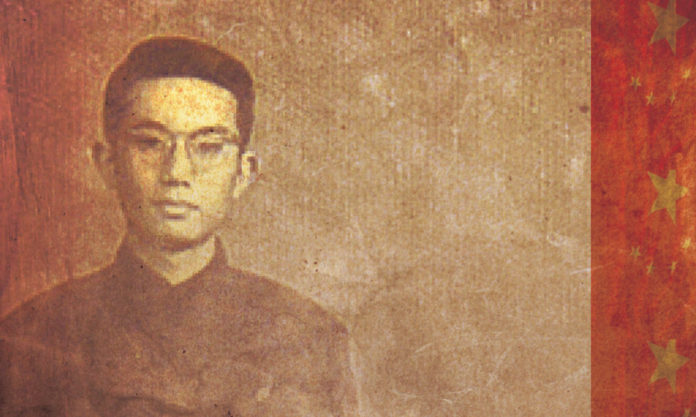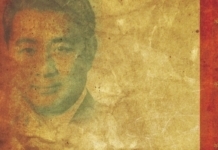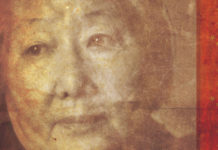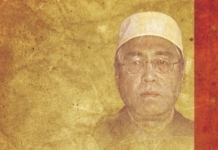Li Shengjiao (厉声教) was a famed university sports star who went on to be advisor to China’s first Premier and key contributor to China becoming party to the International Law of the Sea.
Born in Nanjing on 7 January, 1935, to parents of some influence, Li was almost bound to be destined for some kind of greatness. The only question was to exactly the nature of his calling.
While Li’s mother was a pianist of quite some note, his father had earned himself the the nickname, “China’s Mahatma Gandhi”. As a pioneer in cultural exchanges between China and Europe in the 1930s, Li Linsi helped Jews to evade persecution as World War II unfolded, so that they may settle in Shanghai.
But first, the younger Li need get an education. Choosing the unusual major of economic geology, Li was sufficiently distracted to excel at sport.
Ultimately becoming table tennis champion of China’s Ministry of Foreign Affairs, Li used his time at Nanjing University to rise to sporting province. A regular in the Nanjing municipal teams for both football and basketball, Li also went on to be basketball coach for the aforementioned Ministry.
Sport aside, many of his contemporaries labeled Li as a future leader and one of the brightest stars shining in Nanjing University.
Exceptions are often made for people of such potential. For Li’s talents had caught the attention of the Ministry, which went to great lengths as to reserve him a position prior to his graduation. Hence Li was able to say he was one of the rare few to be retained by the Ministry without being either a member of the Communist Party or the Communist Youth League.
But Li was to really make his mark when the United Nations sat down in 1973 to attempt to ratify some kind of code for an updated version of the concept that was “freedoms of the seas”, which dated from over 200 years prior.
Over nigh-on the following 10 years, Li put forward China’s position as a major player in the talks to confirm what would become the United Nations Convention on the Law of the Sea.
With China back in the UN since 1971, Li was a key player in the negotiations which were to lay down today’s international maritime law. With the law’s influence on global politics, economics and security difficult to overstate, Li’s legacy was secured when he was received twice by Premier, Zhou Enlai, in recognition of his efforts.
Li’s influence in international circles was present in other diplomatic exchanges through the 1970s, particularly China’s ping pong diplomacy and the historic visit to China by then US President, Richard Nixon, in 1972.
Over a 40 year career, his expertise in the field of border demarcation also saw Li involved in drawing the map of today’s China, through negotiations with India, Myanmar, North Korea and the former Soviet Union.
While Nanjing’s other notable maritime influence, Zheng He, may have put Nanjing on the map in terms of exploration, it was Li who gave the entire nation a voice at the table to agree worldwide standards for countries’ sea borders.
After his death on 6 August, 2017, Li was named as a “pillar of the nation” by Chinese authorities.












